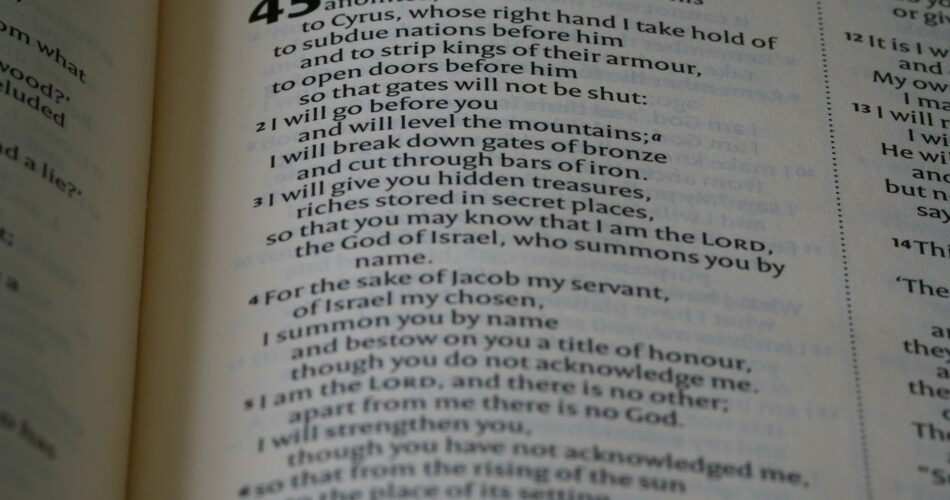Bishops Fight To Defend One Of The Church’s Most Sacred Traditions
Catholic bishops in Washington state have filed a federal lawsuit challenging a newly enacted law that requires clergy to report child abuse, even when the information is obtained through confession. The bishops argue that this law violates the First Amendment by infringing on their religious freedom and the confidentiality of the sacrament of confession. The lawsuit, filed in U.S. District Court in Tacoma, includes the Archdiocese of Seattle, the Dioceses of Spokane and Yakima, and individual priests as plaintiffs. They are seeking to block enforcement of the law, arguing it singles out clergy in a way that other professions, like doctors and lawyers, are not.
The contested law, Senate Bill 5375, was recently signed by Governor Bob Ferguson and is scheduled to take effect on July 27. It adds clergy to the list of mandatory reporters of child abuse or neglect and eliminates protections previously granted to confessions or confidential religious conversations. Unlike other privileged communications, such as those between attorneys and clients or doctors and patients, this law does not offer an exemption for religious confession, which the lawsuit claims is a targeted and unconstitutional overreach.
According to Catholic teaching, confessions must remain absolutely confidential. The Church’s Code of Canon Law states that any priest who directly breaks this seal faces automatic excommunication. The bishops warn that enforcing this law would place clergy in a position where they must either violate their faith or face legal consequences. They also caution that the law could discourage individuals from seeking confession, potentially harming their spiritual well-being.
The U.S. Department of Justice is already reviewing the development of the law, raising concerns that it could violate constitutional protections. Meanwhile, some advocacy groups, such as the Freedom From Religion Foundation, support the legislation, asserting that child protection must take precedence and that the law applies equally to all religious groups. They argue that religious liberty should not include the right to conceal child abuse.
The lawsuit ultimately seeks a court ruling that the law is unconstitutional under both the U.S. and Washington State constitutions. It also requests an injunction to stop its enforcement and compensation for legal costs. The case highlights the ongoing debate over how far religious freedom should extend when it potentially conflicts with laws intended to protect vulnerable populations.
